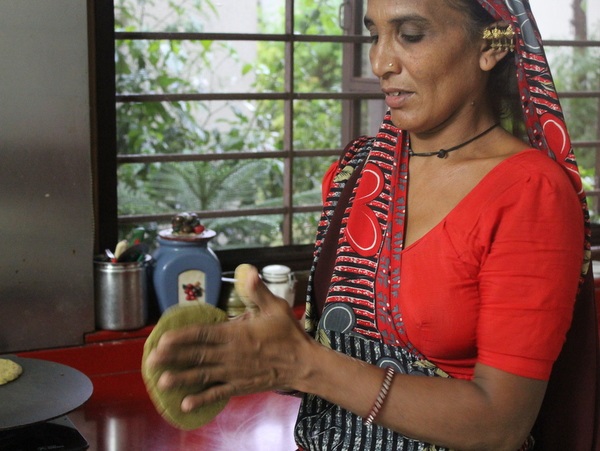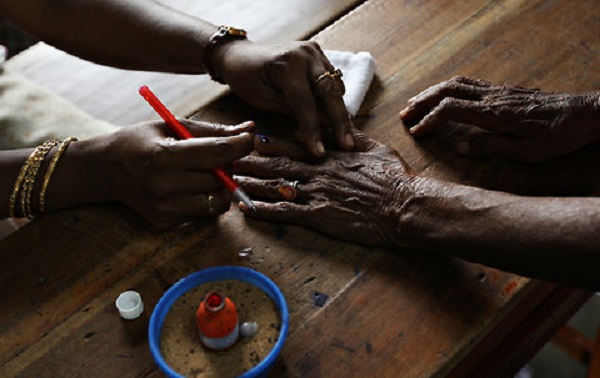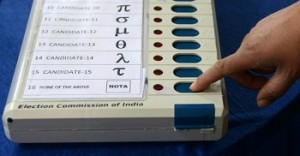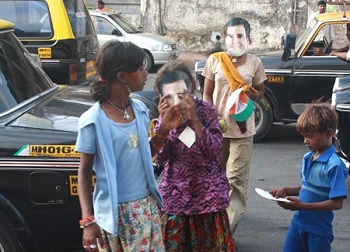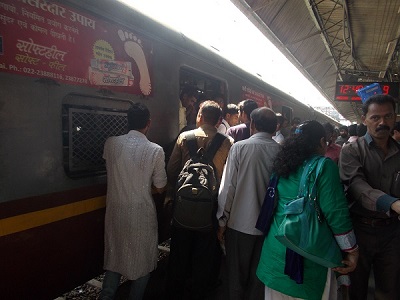It should be pouring almost constantly, but before the rains properly settle in Mumbai, there’s no harm in eager anticipation, right?
 by Dr Pooja Birwatkar
by Dr Pooja Birwatkar
The month of June went by without a drop of rain. And we are now in the second week of July, but the rains are not yet settling in Mumbai.
When it rains in Mumbai, it really rains, is what a typical Mumbaikar would tell you. Us Mumbaikars take lot of pride in telling people in other cities about the rains in our city. Also, every Mumbaikar will always mention the city braves all types of weather like the sport it is, and that life goes on (or tries to) even when it really pours.
We’ve had one or two big showers of rain by now, and what relief they brought to the city! I always enjoy the start of the monsoon – what a beautiful sight it is to see children dancing on the streets with joy, housewives rushing to pull dry clothes off the clothesline, people without umbrellas scurrying for cover, and the city collectively watching the dust and dirt of the rest of the year wash away to leave gleaming green trees with swaying branches.
Frankly, nothing beats getting drenched in the rain, reaching home soaked and having hot adrak chai, or even better, the tapri chai with some yummy hot vada pav. The smell of the wet soil and the romantic weather is a great combination. And nothing beats sitting at Bandstand or Marine Drive in a light drizzle while eating corn on cob or walking under an umbrella with your loved one.
the wet soil and the romantic weather is a great combination. And nothing beats sitting at Bandstand or Marine Drive in a light drizzle while eating corn on cob or walking under an umbrella with your loved one.
Whether we admit it or not, we feel a secret thrill on the times the rains do actually manage to put a stop to our fast paced lives, when our life line, the local trains stop and chaos follows. Each season, we secretly pray for one such day of heavy rain that prompts offices to close on their own accord, and for schools and colleges to declare a holiday. There is nothing like a paid leave on a heavy rain day.
My fondest memory of my childhood days is standing outside the school gates on a rainy morning, only to be told that the school was closed for the day. I so loved the rains that day and whatever age we are, it still remains the same feeling.
The rains also make celebrities out of the BMC officials, with the TV channels, radio and even the public all going berserk, collectively lamenting the generous smattering of pot holes on the roads, the traffic and the water logging. Hindmata and Milan Subway achieve cult status as rain attractions for tourists, as they are frequently shown on TV. These places are like rain gauges for the rest of the city – if they are flooding, it means it has rained as per ‘Mumbai standards’.
Even as I wait for the rains to settle in and follow a more predictable pattern, I long for the drop in temperature and the various magical moments the season brings. It is quite another story that once the rains truly arrive, I will complain about how miserable my life is in the season. But till then, I wait.
Dr Pooja Birwatkar is currently pursuing post doctoral research and working in the area of science education. She has been associated with the field of education in the past as a teacher educator, and her area of interest is research in education.
(Pictures courtesy deccanchronicle.com, mumbairain.com, chalochalomumbai.wordpress.com)

